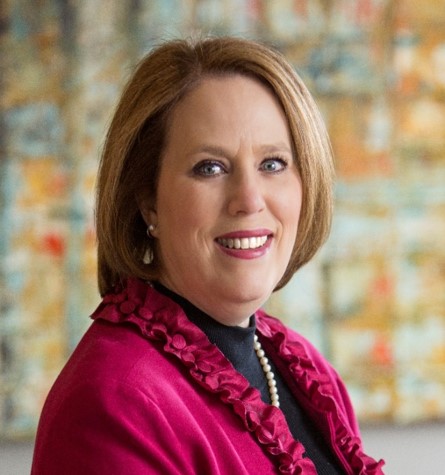Holiday season is approaching with all the hustle, bustle and social gatherings many of which involve eating. For individuals with disordered eating the holidays are a challenging time of the year. Strategies to assist with making eating-related decisions and manage the anxiety that can accompany them can make a difference in one’s ability to participate in the festivities. Here are some recommendations to assist in navigating holiday eating:
Enjoy festive food favorites. All foods can fit into a balanced eating pattern. In reasonable portions, no specific item can make or break health. Many celebrations include special foods that are only prepared this time of year. Inclusion of these fun foods is essential to balanced eating. Agency to include holiday favorites at meals and snacks, encourages flexibility while meeting the need for nutrition, flavor, and fun.
Embrace Connected Eating. Attuned eaters recognize body sensations indicating the need for fuel along with desires and preferences for specific food selections at any given time. In addition, they utilize knowledge of their personal nutrition needs to engage in Connected Eating. Connected Eating lives at the intersection of the awareness of our need for fuel and our intellectual knowledge regarding our nutrition needs. Overreliance on either creates a barrier to a fully attuned eating pattern. Connected Eating supports nutrition self-care during what can be a stressful time of year, the holidays. If you are not in a place where Connected Eating is a reasonable expectation, work with a registered dietitian to consider how to employ eating structure and cope ahead strategies to guide eating during the holidays or other times when Connected Eating may be more challenging.
Manage exposure to judgmental food and body messages. The ever-present Diet Culture intensifies during the holiday season. Messages bombard us from a variety of sources including television, print media, social media, friends and loved ones. During the holiday season, there is an increase in Diet Culture messaging. Strategies for managing Diet Culture exposure include:
-
- Curate what you watch or read making sure to include non-dieting nutrition and body positive messages
- Take a break from social media
- Place non-dieting positive messages in strategic places in your environment
- Develop a script to shift conversations that become diet centered, such as diet, weight, shape and size, to other affirming topics like connections with others
Engage a Community of Support. The holiday season is quite busy and stressful. Heightened stress and disordered eating patterns can interfere with the ability to connect with others and to meet one’s needs including nutrition. Since holidays are about connecting, this is a good time to elicit support from others, a Community of Support (COS). Teach your COS how to support you in nourishing your body and spirit and ask how to support them as well.
Skillfully managing holiday eating challenges leaves energy for self-care, supports attuned eating practices, and encourages presence for seasonal activities. We hope these strategies support you in connecting with yourself and others during this special time of year.
Leah L. Graves RDN, LDN, hon CEDS-S, FAED
Leah Graves, RDN, LDN, CEDS-C, FAED, is a respected leader in the field of eating disorders, with decades of experience in both clinical care and organizational leadership. She is a principal of Graves Nutrition Consultancy, LLC and partner at Complex Solutions, LLC for Eating Disorders. Leah has played a prominent role in the Academy for Eating Disorders (AED), having served on the Executive Team and Board of Directors, chaired North American Teaching Days at the International Conference on Eating Disorders, and contributed to various AED committees, including the Nominating and Fellowship Selection Committees. A Fellow of AED and a Certified Eating Disorder Specialist through the International Association of Eating Disorders Professionals, Leah’s leadership extends to serving on the advisory boards for the National Eating Disorders Association (NEDA), Rock Recovery, and the National Center of Excellence for Eating Disorders. She is a sought-after speaker at conferences, including the International Conference on Eating Disorders and the Academy of Nutrition and Dietetics Food and Nutrition Conference and Exposition, and she co-edits the Eating Disorder Review. Leah has authored numerous publications, specializing in medical nutrition therapy, nutrition counseling, and clinical supervision, further cementing her reputation as an expert in the field.
November 16, 2022/by Leah L. Graves RDN, LDN, hon CEDS-S, FAED






